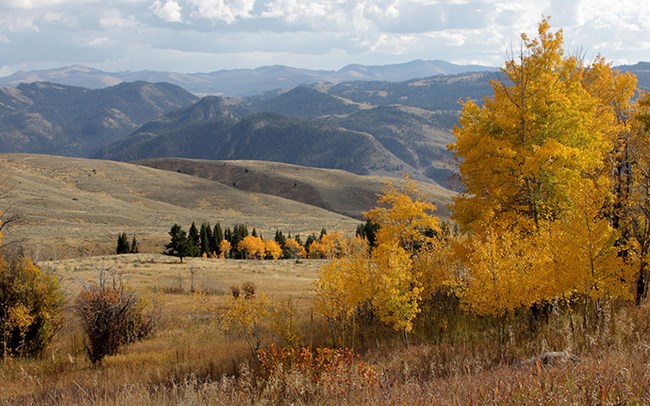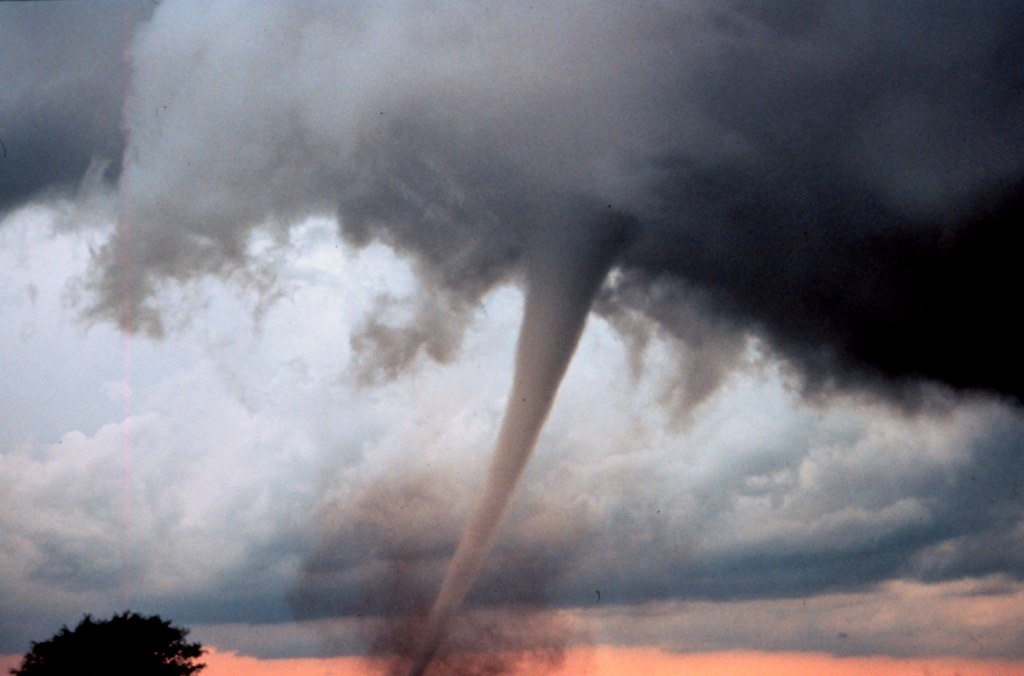I wanted to shift from my usual topics in my articles to discuss and reflect on American Meteorology Society’s (AMS) 99th Annual Conference in Phoenix, AZ. As part of my REU (Research Experiences for Undergraduates) project at National Weather Center in Norman, Oklahoma last summer, I was able to attend and present my project.

My poster presentation from the American Meteorology Society’s (AMS) 99th Annual Conference
Fortunately, the conference took place during the last week of winter break, but it was a new experience for me personally. Some of experiences there were a bit awkward, yet unique. The goal of a professional conference in any scientific or similar field is to share knowledge, research and make discoveries with each other. This remains true with the AMS conference.
However, there was so much to cover on the conference that it had to be broken up into four parts. As a nod to the service members of Fort Campbell, Army ROTC students and all of other members of Department of Defense here, I am starting off with my personal experiences with military and civilian personnel. One thing to keep in mind is that the majority of personnel there were Air Force officers, although I encountered a few Navy and civilian personnel. Regardless, there were a few people who stood out the most to me.
First of all, I met some midshipmen from the Naval Academy in Annapolis, MD during the poster session I was presenting in. At one point, I showed some of them my poster, and one of them got a bit curious when I was discussing about my project.
He asked me if anyone actually tried to measure pressure inside a tornado, so I informed him that my project never actually involved measuring pressure inside tornadoes. I then explained about nearly indestructible pods that were designed to collect data from inside tornadoes.
I also read their posters, and some of their research projects mainly focused on oceanography and tropical cyclones. Those midshipmen were very welcoming about sharing their knowledge and findings.
The next morning, one of midshipmen suggested I go to the Naval Meteorology and Oceanography Command update session. After the session was over, I met a rear admiral who did the presentation and told him about my interest in working for the Navy as a civilian.
“It starts with us! All Naval Warfare, at all levels – strategic, operational and tactical – starts with planning and we provide that vital edge in environmental characterization, prediction and affects that give our operating forces superiority.” #NavalOceanography #AMS2019 pic.twitter.com/8Jr0ULzeyB
— Naval Oceanography (@NavyOceans) January 8, 2019
He mentioned that there are deaf/ hearing impaired civilians working in the department. At one point, he apparently tried to sign some word, but he didn’t get it right in front of sign language interpreter, which was a bit funny. After listening to what he had to say, I opened myself up to new possibilities of working for the United States Navy as a civilian.
However, keep in mind that any branch of military requires people to pass physical and health requirements and my deafness and cochlear implants are automatic disqualifications. Yet an admiral explained that any qualified civilians, even those with disabilities, are welcome to work for Navy or the military in general.
One of the funniest things that happened to me at the conference was at the banquet one night. Beside myself and a couple of sign language interpreters, a variety of students and professionals sat at one table. One of them was a major from Air Force, and he took notice of the sign language interpreters because he knew some of basic signs from his high school classes. There was a civilian scientist from Navy who sat next to me as well, and we talked about working for Navy. I also shared a couple of stratospheric ballooning “horror stories” from the Physics Department with the Air Force weather officer.
Fast forward to when an awardee was saying so many names that the interpreters got mildly annoyed. One of them who’s taking a break signed out, “name, name, name,” and the major chuckled. Both the major and that interpreter ended up trading some banters and laughter.
Long story short, the DoD personnel I’ve talked with were friendly and willing to talk with me through interpreters. I decided to comment on these people because most of movies don’t give accurate pictures of people in the military. Not all military members are involved in combat, and those I met are mostly involved in operations and command focused on weather forecasting and decisions.
Weather forecasting is so critical to the armed forces, and they want to hire people who have strong mathematical and scientific backgrounds as service members or civilians. For those considering working as meteorologist in any DoD sector, there are so many options, but just remember there are physical fitness, training and education requirements.
I am thinking about the possibility of working as civilian, and the DoD is open to civilians, even those with disabilities. I would say that the same goes for folks with other scientific interest, such as physics, biology or chemistry.
I am a trained storm spotter and I spent years studying meteorology in my free times. Those blogs reflect my opinions on weather-related topics with some light humor and commentaries.





